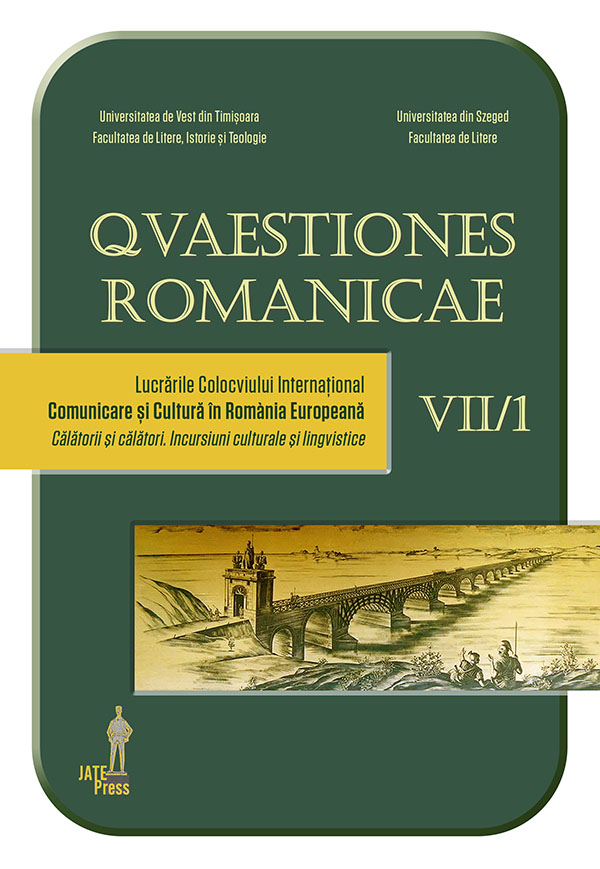Corto viaggio sentimentale: Ettore Schmitz, Italo Svevo, il viaggio e la “ruggine” familiare
Abstract: (Corto viaggio sentimentale: a difficult compromise between freedom and constraint. Ettore Schmitz, Italo Svevo, travelling and family “rust”) “Lunga come una serpe lunghissima” (Svevo 1978, 107): these were the words used by Svevo to describe one of his last short stories, Corto viaggio sentimentale. The novella revolves around mister Aghios, a man who decides to take advantage of the temporary absence of his family to leave for a short trip by train, so that he can try once more a long-lost freedom he thinks hopelessly compromised because of his family ties. The reason behind this trip becomes the chance to reflect upon the opposition between constraint and independence, known and unknown, rules and emancipation: all these dichotomies are featured in Svevo’s works and go beyond the literary fiction, as they also appear in the author’s biography. The goal of this speech is to analyze these aspects and their bold presence in this short story. Some of the author’s private papers will also be used to delve even deeper in these topics. In particular, the letters between him and his wife can surely shed some light on the subject: not only do these writings show the difficult balance between the above-mentioned opposite poles, but they also show how Svevo’s point of view and his thoughts start to shift, as he is forced to move around Italy and abroad and starts seeing the world through the eyes of a traveler. This dramatically changes the letters’ tone and style and allows the writer to express himself in a peculiar way, making the boundaries between biography and literature even fuzzier.
Keywords: travelling; constraint and independence; family «rust»; correspondence.
Riassunto: “Lunga come una serpe lunghissima” (Svevo 1978, 107): in tali termini Svevo descrive una delle sue ultime novelle, Corto viaggio sentimentale, storia di un breve viaggio in treno realizzato dal signor Aghios, che approfitta di un temporaneo allontanamento dai propri congiunti per assaporare una libertà ritenuta irrimediabilmente compromessa dai legami familiari. Il motivo del viaggio diviene in tal modo occasione per una riflessione che si sviluppa attorno alla dialettica costrizione/indipendenza, noto/ ignoto, normatività/emancipazione, dicotomie che caratterizzano l’intera opera sveviana e che trovano ulteriore riscontro, oltre che nella finzione letteraria, anche nella biografia dello stesso autore. Obiettivo dell’intervento è analizzare questi aspetti – particolarmente insistiti in tale racconto – facendoli dialogare con alcuni documenti privati dello scrittore, in particolar modo con i suoi scambi epistolari con la moglie. Molte lettere appartenenti a questa corrispondenza risultano a tale proposito illuminanti: non solo perché vi viene ripetutamente discusso il difficile equilibrio tra le polarità menzionate ma anche perché, quando Svevo stesso inizia ad essere personalmente coinvolto in trasferte più o meno prolungate in Italia e all’estero, comincia a filtrare le proprie riflessioni da una nuova prospettiva, quella del viaggiatore per l’appunto, che cambia notevolmente il tono e le modalità della scrittura epistolare e che dà modo all’autore di esprimersi in una maniera assai peculiare, rendendo ancor più permeabili i confini tra biografia e letteratura.
Parole-chiave: viaggio, costrizione/indipendenza; “ruggine” familiare; epistolario.
